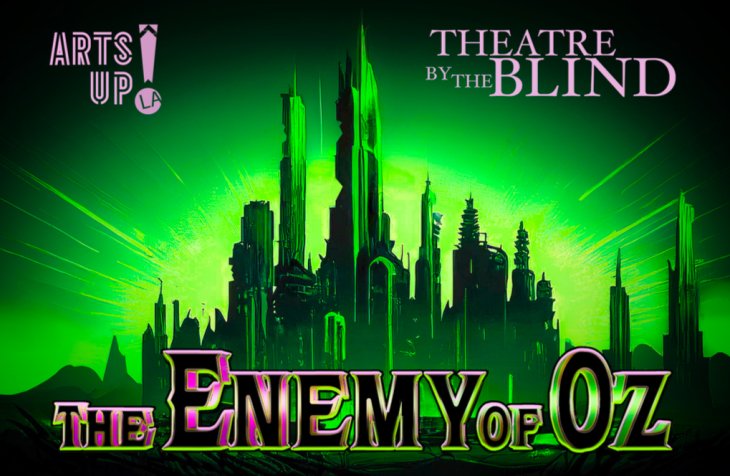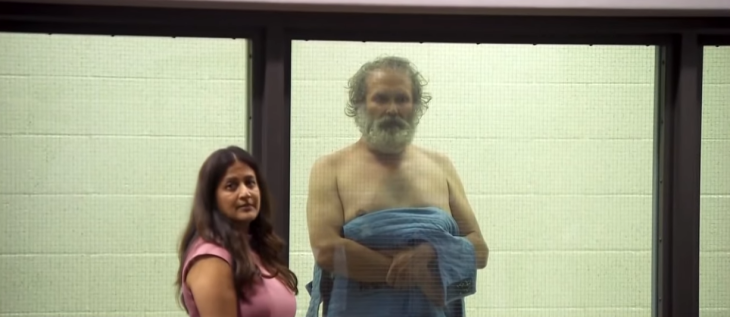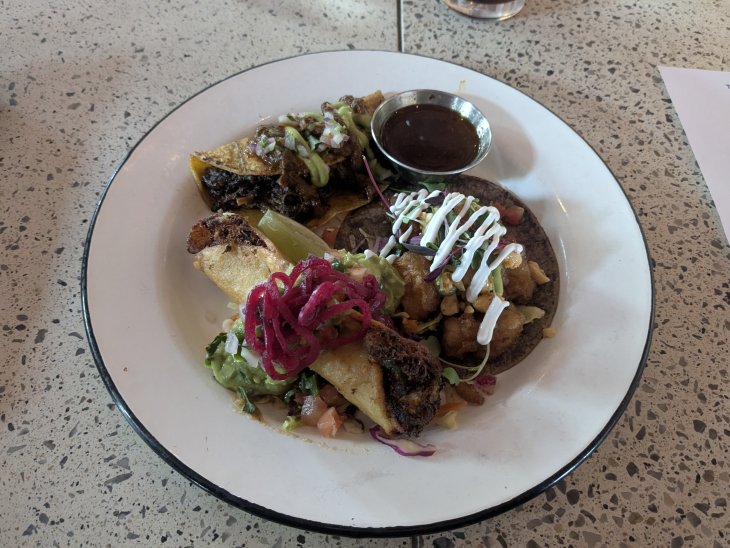It’s blockbuster movie season, and phrases we use in conversation are often quotes from films. “Tomorrow is another day,†“I’ll be back,†“Luke, I am your father.†My favorite comes from Indiana Jones as he searches for the Holy Grail. It was the climactic moment: Our hero is within reach of the legendary prize. But there is a problem: If Indy holds on to the cup, for which he has valiantly fought, he faces certain death. Either he holds the prized possession or he holds on to his life. “Indiana,†his father calls out gently, “Indiana, let it go.â€
It’s the same message we need to hear about our grudges. We know how much fun it is to hold on. But as we stay angry, we do so at the price of alienating others. We can kindle our flame of fury and stoke the fires of resentment. Or like Indy, to save our own lives selfishly, we too have to let it go.
Holding on to a grudge is like putting a rock in a sack. Every slight and every hurt adds another rock to the sack. If we don’t forgive, the rocks become very heavy and the sack is unwieldy. Either we forgive and empty the rocks out of our sack, or we end up with too heavy of a burden to carry. Forgiveness is the key to liberation. Without it the person who wronged us, or who we’re angry about, continues to have power over us. Finding the path to forgive another releases tension and fosters our own spirituality.
God did not create us in the image of depression or rage, but of happiness and wholeness.
If we would avoid making a mockery of our traditions, we have to love each other more and put each other down less. Let it go: Forgive the hurts that we have received from each other and be grateful for the good that we have given to each other.




















